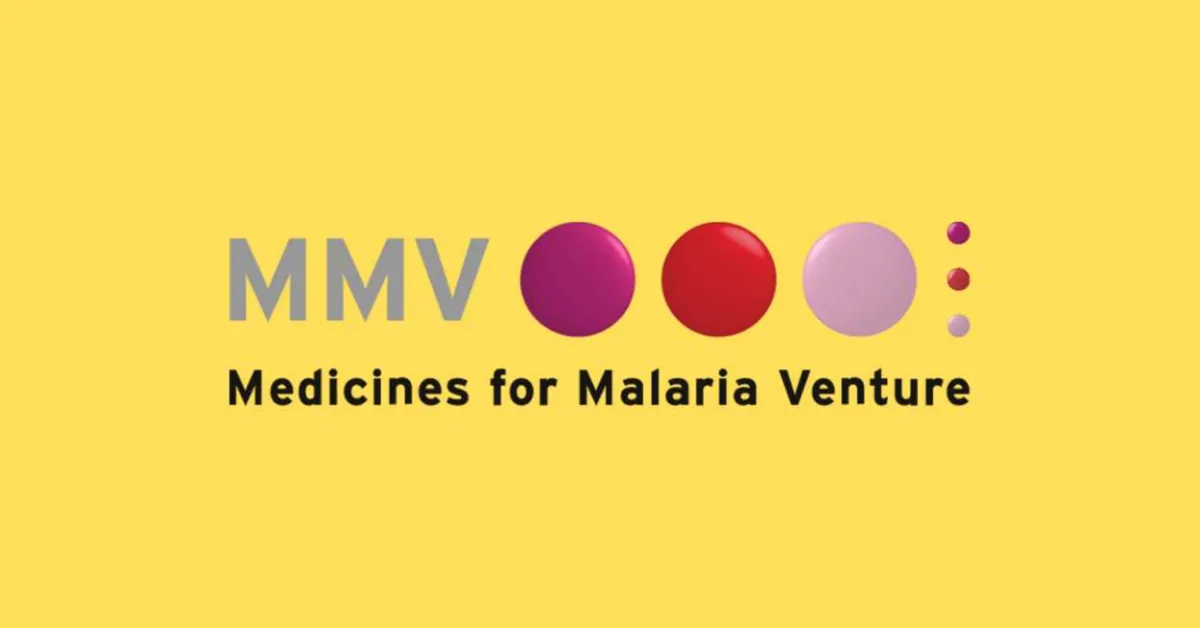Novartis has announced compelling Phase III results for GanLum (ganaplacide/lumefantrine, KLU156), a next-generation antimalarial developed with Medicines for Malaria Venture (MMV). The combination therapy achieved a 97.4% PCR-corrected cure rate in the KALUMA study marking a major advancement in malaria treatment amid rising drug resistance across Africa.
The KALUMA trial evaluated 1,668 adults and children with acute, uncomplicated malaria due to Plasmodium falciparum, across 34 clinical sites in 12 African nations. Using the regulatory-focused estimand framework, GanLum demonstrated non-inferiority to the current standard of care, artemether-lumefantrine. A conventional per-protocol analysis showed even stronger results, with cure rates reaching 99.2%, compared to 96.7% for standard therapy.
GanLum was administered once daily for three days as a sachet of granules, offering a simplified dosing approach for both adults and children. Additional analyses revealed high efficacy against mutant malaria strains associated with partial drug resistance, alongside rapid clearance of mature gametocytes, the parasite stage responsible for transmission.
Calling the results a potential turning point, Dr. Abdoulaye Djimdé of the University of Science, Techniques and Technologies of Bamako stated that GanLum “could represent the biggest advance in malaria treatment for decades.”
The therapy combines ganaplacide, a novel compound disrupting the parasite’s essential protein transport systems, with a new formulation of lumefantrine. Ganaplacide is part of the imidazolopiperazine class—first identified through a large-scale screen of 2.3 million molecules.
Novartis Chief Medical Officer Dr. Shreeram Aradhye emphasized the treatment’s potential to both cure malaria and block transmission. The company intends to seek regulatory approvals promptly. GanLum holds Fast Track and Orphan Drug designations from the U.S. FDA.
If authorized, GanLum would become the first major innovation in malaria treatment in more than 25 years, since the introduction of artemisinin-based combination therapies.
The KALUMA study also confirmed a safety profile comparable to existing treatments.
Malaria continues to pose a severe public health burden, with 263 million cases and 597,000 deaths in 2023, primarily in Africa and especially among children under age five.
With strong efficacy, a novel mechanism of action, and the ability to combat resistant strains, GanLum is poised to play a critical role in the next era of malaria control.














